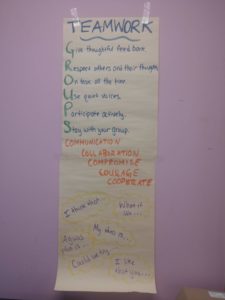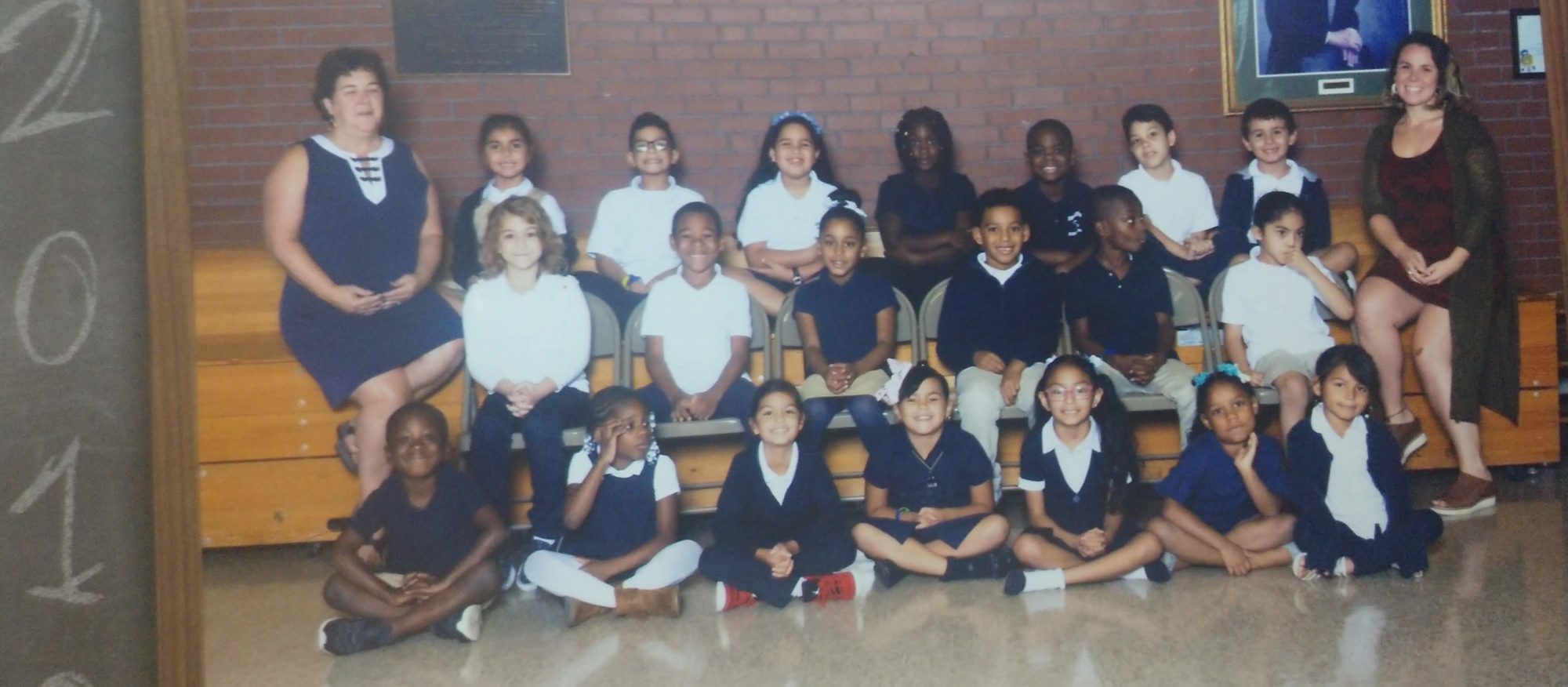“When I dare to be powerful, to use my strength in the service of my vision, then it becomes less and less important whether I am afraid.”
– audre lorde
Thank you, audre lorde, for your wisdom and powerful words which remind me to not shy away from who I am at my core, and for putting words to what it means to provide space for those to not shy away from themselves.
Above all else, I believe in my students.
It is my understanding and through my experience that I come to see the belief in students as an enormous undercurrent throughout my day to day teaching. Believing in my students manifests in positive affirmations, support that is scaffolded to my student’s individual needs, and, above all else, a deep love and appreciation for them.
Learning together is fulfilling and enriching. 
As you can see through my lessons (click here, here, or here), teamwork is a central pillar to my teaching philosophy. At such a young age, it is critical that my students practice the skills of working with and learning from their peers. Communicating clearly, listening, compromising, staying on task, and taking turns talking are skills used throughout life across fields and disciplines. The moments that I see my students having success and building off of each other in groups are the moments that I see powerful learning happen, and try to cultivate that as much as possible.
A self-reflective practice as a teacher makes for a self-aware student body that takes ownership over their learning.
I believe one of my many hats as a teacher is to engender a sense of self advocacy in my students. In this vein, I believe a huge part of that is grading. Unfortunately, the quantification of student growth holds incredible weight in the education industrial complex. I know students to be far more than their grades, and I also see the importance of recording their growth. I do, however, believe this process can be an enormous opportunity for students to become agents in their own learning and recording in a way in which they feel their learning is in their hands, as well as their behavior. With my experience teaching second graders, I have seen the positive effects of self-assessment and reflection in management and learning. A simple question such as, “What should happen if I see you acting that way again?” when asking a student several times to stop being mean to someone or misusing school materials, etc., can be very effective in having children take on their own behavioral management.
Loving my students is critical to creating mutual trust and accountability.
As a young person in particular, it is crucial to feel loved. As humans, when we feel unconditionally loved, we feel we can take risks and be bold – that’s who I want my students to be! The most wonderful learning moments happen with risky, bold questions. Because of this, love is a central tenet to my teaching philosophy. Due to the interpersonal nature of teaching, it is incredibly important to know where your students are coming from. While I am aware of my student’s place of origin, home life, family culture, language, etc., I also centralize the socio-political and socialemotional frameworks which shape all of us. With my experience working in a multilingual, multiracial, multicultural school setting, I see the grave importance of not only making curricula culturally relevant, English-language learning accessible, in accordance with IEPs, and fun, but actually putting those values at the center of my planning. Loving my students means knowing they deserve curricula that serve them and their whole selves.
Knowing my students makes teaching inherently personal, which means the political is inseperable.
As humans, we are reflections of our cultures and the way we’ve been socialized. In our communities as humans we have the power to shape these cultures and and the way people are socialized with our actions, our beliefs, and the words we use. As a teacher, this is an enormous responsibility to have as an agent of socialization, and one that I take seriously. I believe one way to shape my classroom into a world that reflects one which I’d wish to live in (within the constraints of public school), is engendering a sense of belonging to my students so they feel a sense of agency in their own lives, power over their decision making, and unconditional support from me. This means students are involved in their assessments, in the trajectory of their own behavioral management, and their learning.
